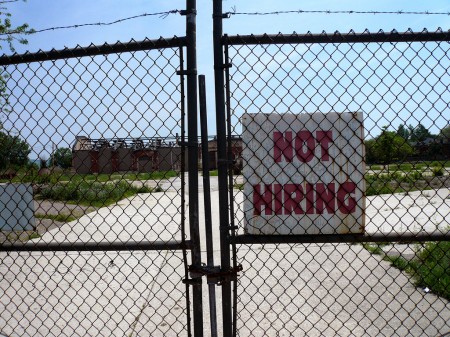
This week the ISN asks whether a global economic recovery could soon be in sight despite mixed economic indicators and rumblings of a ‘double-dip’ recession.
This ISN Special Report contains the following content:
- An Analysis by Dr Dean Baker of the Center for Economic and Policy Research about Europe’s prospects for economic recovery given belt-tightening austerity measures.
- A Podcast interview with Dr Klaus-Jürgen Gern of the Kiel Institute discusses the forecast for global economic growth and the prospects of economic recovery in the US, Asia and Europe.
- Security Watch articles about the impact of the Great Recession around the globe.
- Publications on the financial crisis housed in our Digital Library from the likes of the Kiel Institute, the Center for Economic and Policy Research and much more.
- Primary Resources, like the full-text of President Barack Obama’s speech on financial rescue and recovery of the US economy.
- Links to relevant websites, such as the IMF’s World Economic Outlook website.


